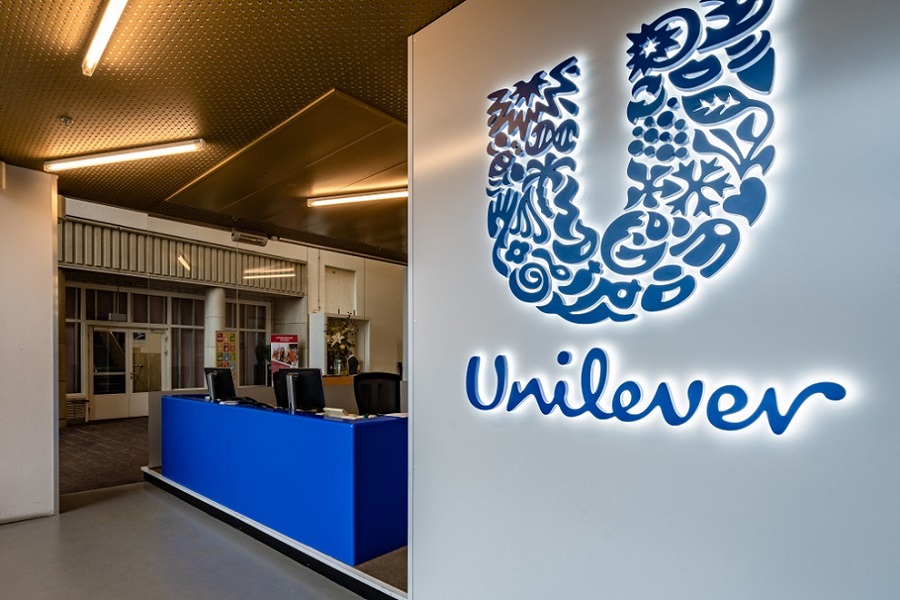9 months into the change of management, Unilever Nigeria Plc’s performance in Nigeria has been largely underwhelming.

Change in the management of a company is never a walk in the park. Transitions usually take time to yield the desired results. Organizations can look to past successful managerial transitions for
inspiration, but not for instruction because there is no defined playbook. The decision to replace Mr Yaw Nsarkoh, who served as the Managing Director of Unilever Nigeria Plc until the end of 2019 was plausible, but adjustments were never going to be an easy task.Mr Nsarkoh had served as Managing Director of the company for 5 years and steered the course of its proceedings with remarkable skill up until the financial performance disaster which culminated in his resignation on November 28th, 2019.
Unilever Nigeria’s 2019 FY performance was very poor compared to its corresponding results in 2018, with huge percentage declines recorded in revenue, gross profit, and pre-tax profit, despite reduction in selling and distribution expenses, marketing and administration expenses, and cost of sales.
Revenue declined to N60.49 billion in FY 2019 from N92.89 billion in FY 2018 ( -34.89%). Gross profit declined to N4.75 billion in FY 2019 from N28.23 billion in FY 2018 (-83.17%). Pre-tax profit declined to N10.07 billion in FY 2019 (-179.79%).
Cost of sales decreased by 13.81% to N55.74 billion. Selling and distribution expenses decreased by 25.65% to N3.15 billion. Marketing and administration expenses decreased by 9.96% to N13.25 billion.
As a company used to posting stellar revenues, closing the year 2019 with huge decline in its profitability and the resignation of Mr Nsarkoh, the consumer goods giants confirmed the appointment of a new Managing Director, Mr. Carl Raymond Cruz, effective 1 February, 2020.
With 9 months into his appointment, Unilever Nigeria still finds it challenging to break-even. Whilst the company records growth and expand their tentacles in other countries within and beyond the African continent, their performance in Nigeria has been largely underwhelming.
Their loss position of N1.54billion in Q3 2020 continues the awful trend that has seen the company merely float on a flat line. This bottom line begs the question, whether the appointment of Mr. Carl Raymond Cruz has had any impact at all – Yes, it seems so.
In the company’s latest Q3 results, revenue is up 93.9% to N17.39 billion from N8.97 billion in Q3 2019. They also strengthened their revenue segments – Food products, Home and Personal Care. Revenue from Food Products rose from N5.32 billion last year to N9.83 billion this year, while Home and Personal Care rose to N7.57 billion from N3.65 billion.
In comparison with its competitors, Unilever Nigeria Plc recorded a 25.1% q/q growth in food revenue relative to a decline of 16.1% for Nestle Plc. This performance suggests that Nestle ceded some market share to Unilever Plc during the quarter, highlighting the positive effects of the new management’s efforts.
However, no matter how laudable these achievements may seem, no stakeholder is excited about a loss position. If the Management of Unilever Nigeria Plc wants to ever attain hero-status, they must go all the way and pilot the consumer goods giant back to profitability.
One sure way of achieving this feat is by giving credence and attention to growing costs. Despite the growth in operating profit, operating loss negated all of its impact by rising as well. Selling and distribution expenses spiked by 27.5% y/y to N821.64 million. Marketing and administration expenses also rose by 80.3% y/y from N2.17 billion in Q3 2019 to N3.91 billion in Q3 2020.
In this dispensation, every elements of cost from impairments, marketing and administrative expenses, selling and distribution expenses, cost of sales, to finance costs, increased astronomically. This is simply sloppy and calls into question the implemented strategies of the new management.
To make profit, irrespective of macroeconomic or other conditions, Mr. Carl Raymond Cruz and his management team must curtail Unilever Nigeria’s relatively high operating cost. By the end of Q4, the level of positive impact that the new management has had will be ascertained.




No comments :
Post a Comment